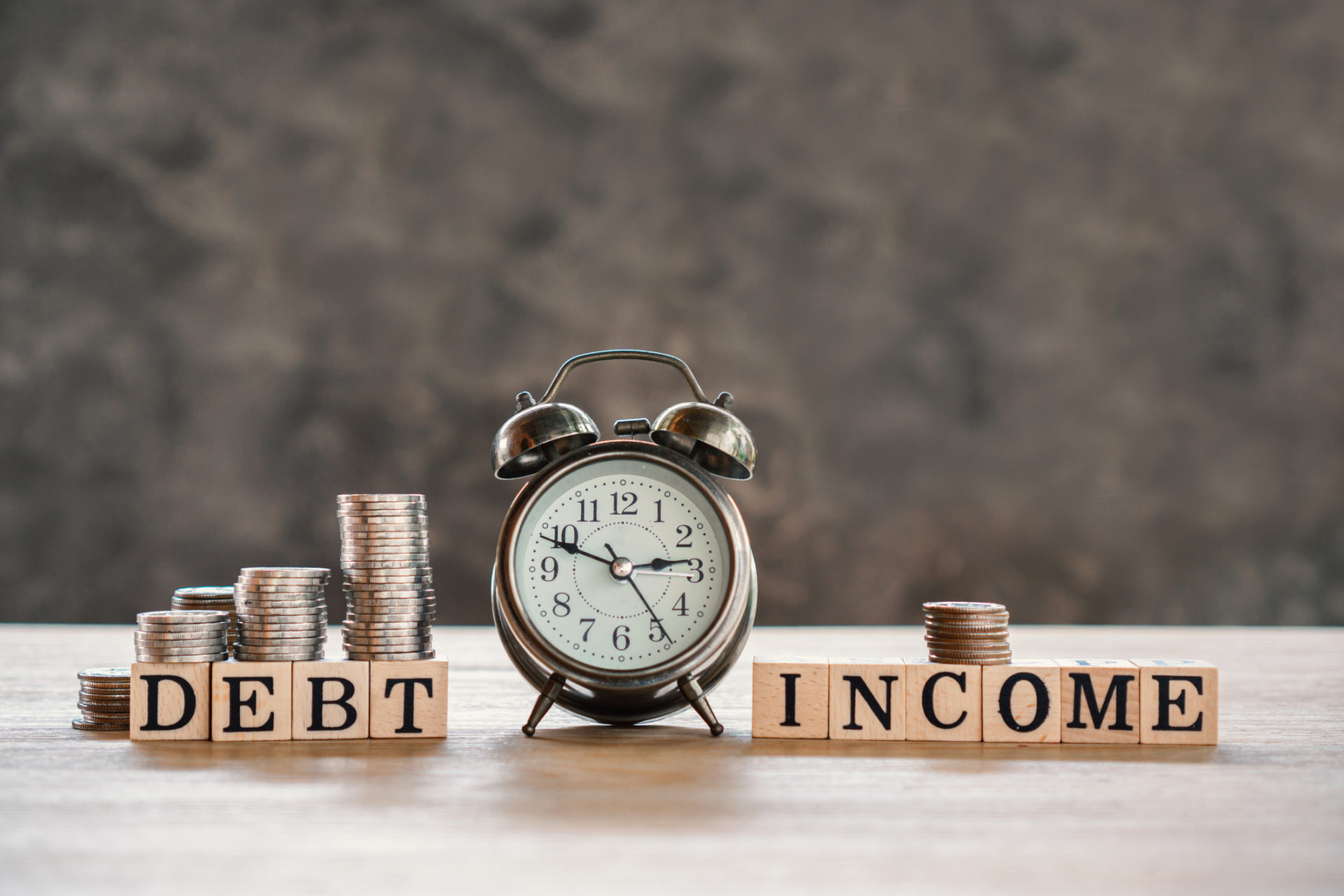“The only man who sticks closer to you in adversity than a friend, is a creditor” – unknown
We are indeed in adverse times and there are many today who no doubt can relate to this quote. Fortunately, given today’s circumstances and the availability of deferrals and programs to assist those who are out of work or earning less due to COVID-19, the creditor is giving the indebted time – a precious commodity not afforded to those who have struggled with debt in the past, and likely not to be given to those who will struggle with debt in the future. Since we are in a time of adversity today and we are well aware of the issues it can cause, it is a good time to discuss debt, how it can help us, how it can hurt us, and how we can use it wisely.
Debt has the power to help you build wealth. Think of home ownership. Very few people can afford to buy a home on their own without any sort of debt. Rather debt, typically in the form of a mortgage, is necessary for the vast majority of people to be able to buy a home. And when that mortgage is paid off, have the financial security of owning the roof over their head.
Conversely, debt also has the power to lead to ruin – loss of relationships, assets and future possibilities. Financial stress (usually debt) is a leading cause of divorce. Countless people have lost their businesses, their homes, and their savings when they couldn’t afford to carry their debt any longer. Bankruptcy ruins your ability to take on future debt, and even limits your ability to work in certain careers.
If debt has the capacity to do both, help you build wealth and eventual financial security, but it also has the ability to ruin, how do we increase the likelihood that it helps us and minimize the risk that it leads to downfall? Here are three principals to guide you in your use of debt:
- Avoid Consumer Debt – Your income needs to be higher than your expenses. If debt is due to spending more than you can afford, this is called Consumer Debt, and you have a problem. Typically, debt that is due to consumer spending is debt that you pay higher rates of interest on. Credit cards for instance are notorious for charging high interest, 18, 19 and even 20% plus. If you are in a situation where you are running up consumer debt, there are only two ways out: Increase income, or reduce spending.
- While there is no good debt, there is debt that is used for good purpose – Debt used for good purpose is debt used to build assets / wealth, like buying your home, or buying an investment. These are assets that are expected to grow in value and, overtime, as you pay down that debt and the asset value grows, you build wealth. Another category of debt that is debt used for good purpose is that which is used to earn an income. For instance, student loans. Taking on a student loan where that loan is allowing you to pursue education in an area in which those qualifications should enable you to work and earn an income sufficient to pay off that loan and become financially independent could be considered an investment. Another future income related use of debt may be buying a business or investing in starting your own business. Using debt as a means to improving future income can be viewed as investing in yourself and your future earning potential. Why do we say that there is no good debt even if that debt is used to build wealth and to improve your potential income? Because even debt taken on for good purpose, if not managed properly, can lead to ruin.
- Debt must be manageable – not just in good times, but when adversity strikes as well. No one is immune from tough breaks. If you are going to use debt, even if that debt is used for good purpose, you need a plan to pay for it not just in good times, but in bad times too. Your emergency fund – having several months worth of expenses (including debt payments) set aside, just in case. Identified expenses that can be cut quickly and with no or little penalty. Insurance to cover income interruption due to disability and life insurance to cover debts and other needs in the event your spouse or partner passes away. These are all ways to help protect yourself from the dark side of debt.
Used wisely, debt can be a very powerful tool to building wealth. Unfortunately, taking on too much debt, or not protecting yourself should a tough break come your way, can result in financial hardship and even relationship breakdown. We all want to increase the likelihood of debt improving our financial future and ensuring our debt is manageable in good times and in bad is the key. Because if your debt isn’t manageable, it is true, the one you will hear most from may very well be your creditor.




